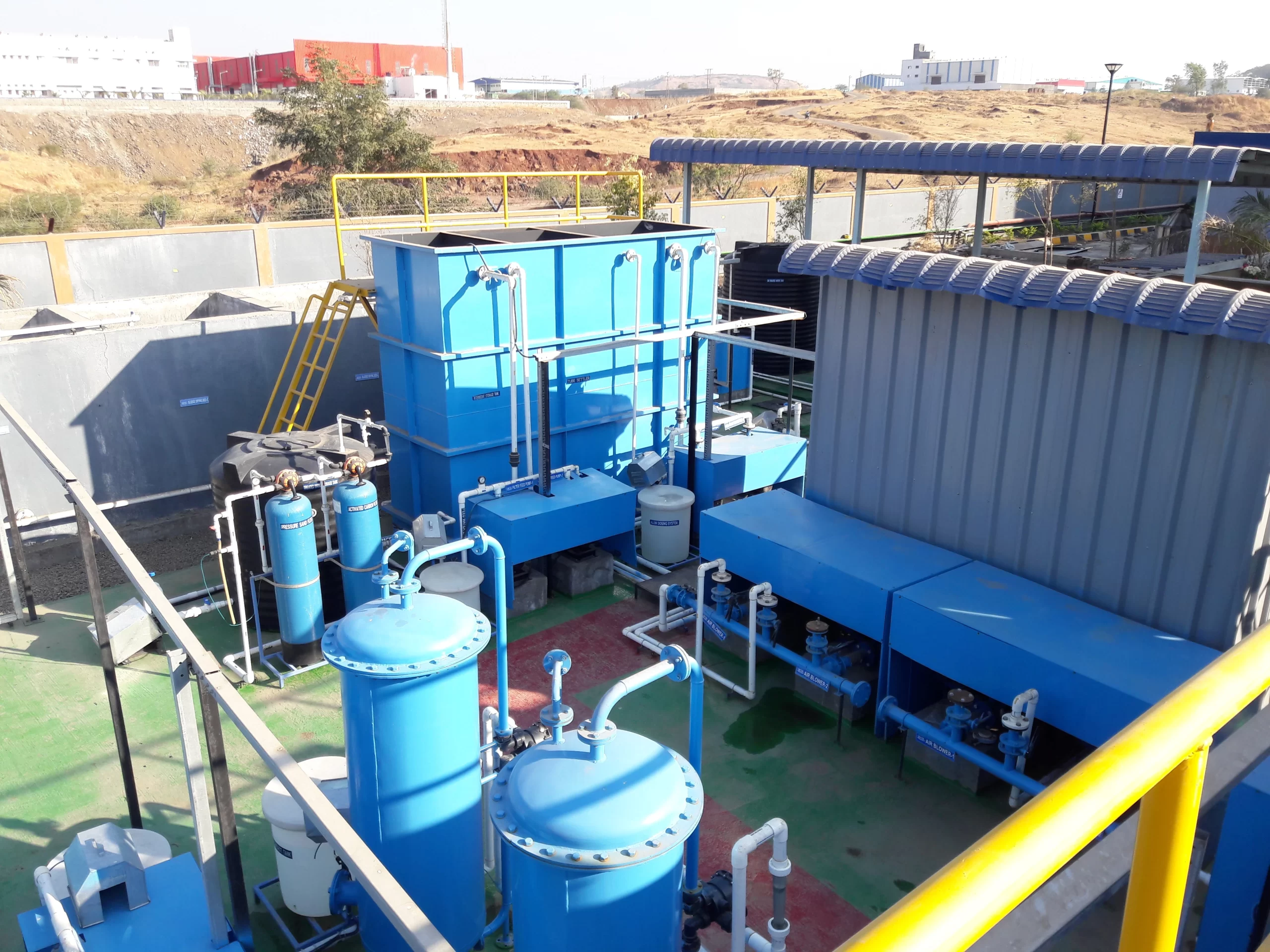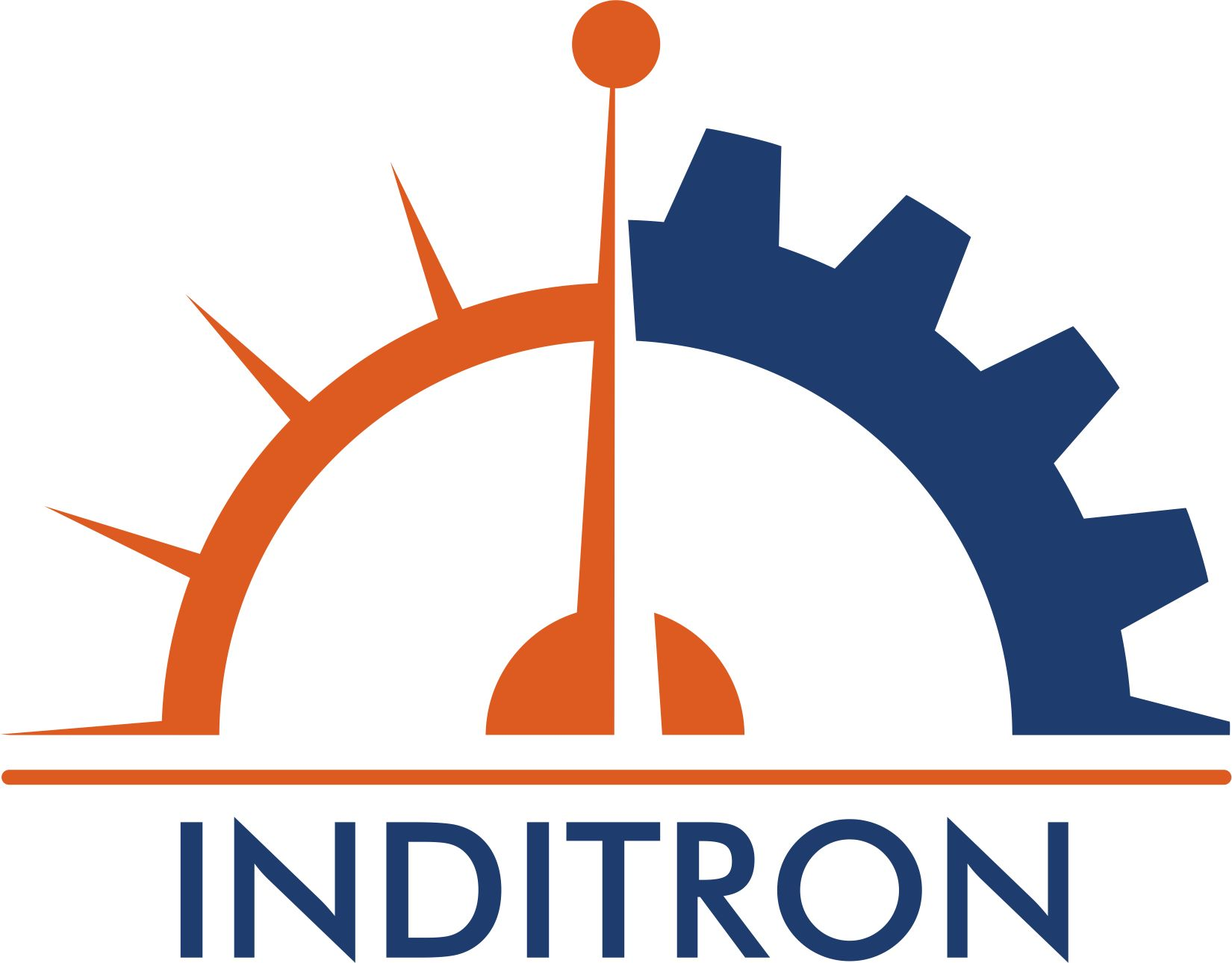Effluent Treatment Plants
- Home
- Wastewater Treatment Plants
- Effluent Treatment Plants
At Inditron, we recognize the paramount importance of environmental sustainability in today’s industrial landscape. As part of our commitment to responsible business practices, we implement state-of-the-art Effluent Treatment Plants (ETPs) to effectively manage and treat wastewater. Below, we delve into the significance of ETPs, their components, and the benefits they will offer to both your organization and the environment.

Understanding Effluent Treatment Plants (ETPs)
Effluent Treatment Plants are vital installations designed to treat industrial wastewater before it is discharged into the environment. They play a crucial role in safeguarding water resources, preserving ecosystems, and ensuring compliance with regulatory standards. ETPs employ a combination of physical, chemical, and biological processes to remove pollutants and contaminants from wastewater, thereby rendering it safe for disposal or reuse.
Components of ETPs:
Benefits of ETPs:
Applications
Effluent Treatment Plants (ETPs) find applications across various industries where wastewater is generated as a byproduct of manufacturing processes. Here are some common applications of ETPs:
Textile Industry
Pulp and Paper Industry
Chemical Industry
Metal Plating and Surface Finishing
Food and Beverage Industry
Electronics Industry
Pharmaceutical Industry
Municipal Water Treatment
Effluent Treatment Plants represent a cornerstone of responsible environmental management in the industrial sector. By investing and partnering with Inditron in building these essential infrastructure facilities, you can work towards a future where economic prosperity harmonizes with ecological integrity, ensuring a legacy of prosperity for generations to come.

